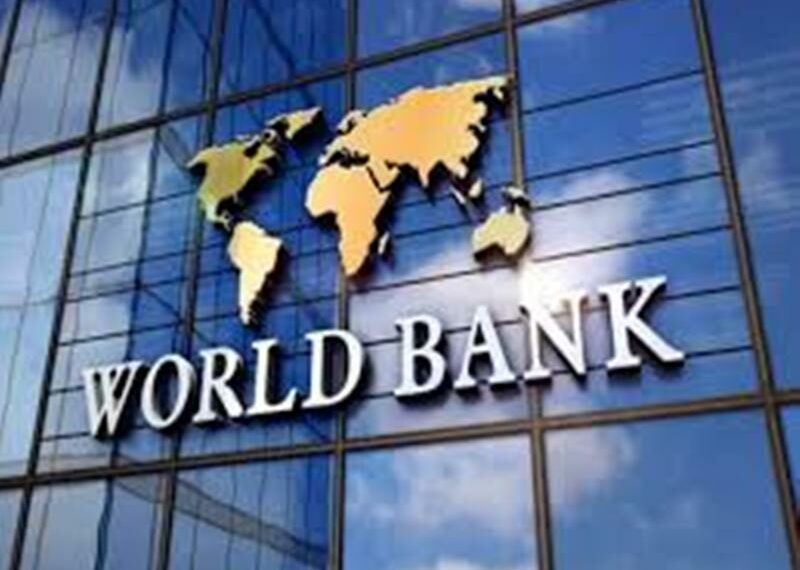Shillong: The World Bank has approved a $35 million project titled ‘Meghalaya Multisectoral Project for Adolescent Wellbeing, Empowerment and Resilience (MPOWER)’ to better equip 5,00,000 adolescents to make the transition from school to work in the state.
This project will focus on reducing dropout rates, improving learning outcomes, and providing guidance on accessing jobs and starting businesses.
The total project cost is $45 million, with the World Bank contributing $35 million and the remaining $10 million being funded by the Centre.
Adolescents in Meghalaya, who comprise over 24 percent of the state’s population, face significant challenges in accessing quality education and maintaining their physical and mental well-being.
School dropout rates in Meghalaya are significantly higher than the national average: 11% at the upper primary level (three times the national average) and 22% at the secondary level (nearly double the national average). These challenges are further compounded by issues such as substance abuse, early marriage, and teenage pregnancy.
The $35 million Meghalaya Multisectoral Project for Adolescent Wellbeing, Empowerment and Resilience (MPOWER) will enhance learning outcomes for adolescents in grades 6-12 by addressing deficiencies in students’ reading and math skills.
To address dropout rates, the project will equip students with valuable life skills, promote mental health awareness, and provide comprehensive guidance on career choices.
The project will prioritize reaching out to and supporting students who have dropped out of school, ensuring they receive the same level of assistance as those currently enrolled.
In collaboration with the Meghalaya State Skills Development Society, the project will provide business skills training to aspiring entrepreneurs and out-of-school adolescents.
“The holistic well-being approach, adopted under this project, reflects learning from states such as Jharkhand where similar initiatives are enhancing adolescent learning outcomes,” said Auguste Tano Kouamé, the World Bank’s Country Director for India.
The project is expected to run until February 2031, with built-in evaluations to ensure adaptive learning and scalability.
The project will create diverse learning forums for youth by implementing mentoring programs, innovative web platforms, and community clubs. Close collaboration with parents and students will be crucial.
Additionally, the project will provide comprehensive information on sexual and reproductive health to reduce teen pregnancies and ensure school completion.
The project expects to benefit 5,00,000 adolescents, with nearly 4,00,000 from schools and 100,000 out-of-school adolescents.
ALSO READ: Meghalaya Chief Secretary to discuss NEHU crisis with central higher education officials
“The project design has also benefited from World Bank operations in Tanzania and Bangladesh – where youth engagement through information on job opportunities, counseling and safe community spaces helped reduce school dropout rates,” said Pravesh Kumar and Kanupriya Misra, the Task Team Leaders for the project.
Currently, the World Bank has more than 60 projects in its portfolio focusing on access to jobs and job creation for women and youth with a total commitment amount of $9.3 billion.















